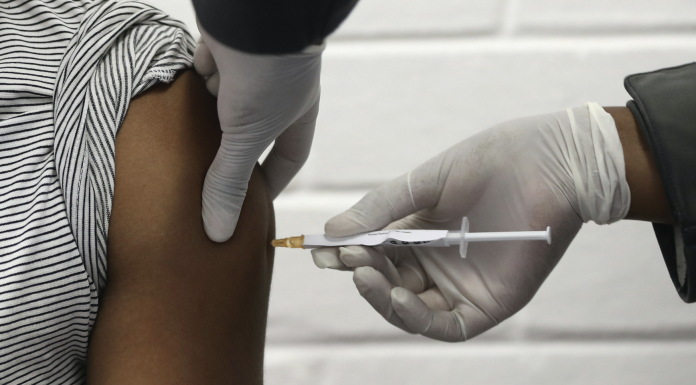
Are vaccines safe, effective, and necessary? Answers to common questions from Mayo Clinic doctors |
Nov 30, 2020
Concerns from those who are hesitant about vaccines often fall into these categories:
- Can I trust the source of the recommendation?
- Is the vaccine effective?
- Is the vaccine safe?
- Is the vaccine needed?
- Are there reasonable alternatives?
November 30, 2020
Mayo Clinic – Hesitance toward vaccines is common, says Dr. Robert M. Jacobson, medical director of Primary Care Immunization Program at Mayo Clinic.
He says health care providers should expect questions about the COVID-19 vaccine when it becomes available.
Mayo Clinic relies on the Advisory Committee on Immunization Practices (ACIP), an independent authority that meets three times a year to decide which vaccines are recommended. The committee is a trusted source, Dr. Jacobson says.
It is independent of Congress, the Food and Drug Administration and the National Institutes of Health, and it uses an evidence-based system that addresses questions of effectiveness and safety, as well as need and reasonable alternatives.
The committee also works with organizations such as the American Academy of Pediatrics, American Academy of Family Physicians, the American College of Physicians, and the American College of Obstetricians and Gynecologists to ensure there is broad agreement with its recommendations.
“We will be looking at the scientific evidence. We will be able to address the issues of effectiveness, safety, need, and reasonable alternatives, to provide trusted information for our patients and staff.” – Robert Jacobson, M.D.
Effectiveness is determined by using randomized, controlled trials to discern which outcomes are coincidences and which are caused by the vaccine.
The trials require tens of thousands of volunteers who are randomized into two groups, one that receives a placebo and one that receives the vaccine. Both groups of volunteers are studied to see whether they develop the infection.
The researchers don’t know which group volunteers are in because identities are masked until the outcomes are collected.
Safety also is tested by the randomized, controlled trials. The trials track bad outcomes, such as reactivity (fever or injection-site soreness), illnesses, hospitalizations and deaths.
Recommended vaccines must meet a higher safety standard than prescription medicines, Dr. Jacobson says, because they are preventive and given to otherwise healthy people. And the safety results are more precise. Many more people (from 10 to 100 times as many) are tested in these trials.
The necessity of the vaccine is measured by epidemiology studies that examine large population groups to determine risk of the disease.
There are some vaccines the Food and Drug Administration licenses as effective and safe, but they are not needed. The risk for the disease prevented by these vaccines is too low to justify their use.
Alternatives are considered, as well. Again, the Advisory Committee on Immunization Practices does not recommend some vaccines found to be effective and safe by the FDA.
In these cases, it is because an alternative to the vaccine is a better choice.
The committee recommends only vaccines that meet all four requirements — effectiveness, safety, need and lack of reasonable alternatives.
And Mayo Clinic recommends for its patients what the Advisory Committee on Immunization Practices recommends
Information in this post was accurate at the time of its posting. Due to the fluid nature of the COVID-19 pandemic, scientific understanding, along with guidelines and recommendations, may have changed since the original publication date.
For more information and all your COVID-19 coverage, go to the Mayo Clinic News Network and mayoclinic.org.
This article is written by Mayo Clinic Staff. Find more health and medical information on mayoclinic.org.
RELATED:
AstraZeneca Botches Covid Vaccine Trial
Fauci: Get Ready For Your Vaccine
Pediatricians Fear Risks To Kids From Rising Vaccine Hesitancy
ALSO ON HEADLINE HEALTH TODAY: Cop Who Lit GF’s Crotch Still Jailed | China’s Deadly Cover-Up Of COVID-19 | When Alzheimer’s Patients Get Lost



